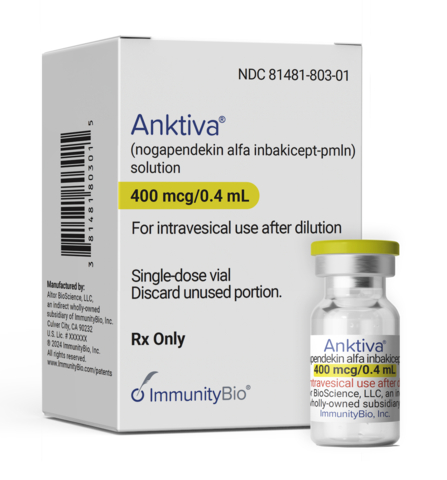Research at Northwestern Medicine has identified a possible biomarker for aggressive forms of prostate cancer: vitamin D levels at the time of surgery. As low levels of the vitamin have been linked to fast-progressing forms of prostate cancer, this information could help physicians and patients determine the best course of treatment – such as active surveillance versus prostate removal surgery – for the disease.
“Vitamin D deficiency may predict aggressive prostate cancer as a biomarker,” said Dr. Adam Murphy, an assistant professor of urology at Northwestern University Feinberg School of Medicine and a Northwestern Medicine urologist. “Men with dark skin, low vitamin D intake or low sun exposure should be tested for vitamin D deficiency when they are diagnosed with an elevated prostate-specific antigen (PSA) or prostate cancer. Then a deficiency should be corrected with supplements.”
Previous studies have demonstrated a link between low vitamin D and aggressive forms of prostate cancer, however this research relied on blood samples taken far in advance of treatment for the disease. The study conducted at Northwestern used blood drawn just months before the tumor was shown to be aggressive during a radical prostatectomy to remove the prostate; this makes the correlation more convincing.
Cancer metastasis outside the prostate along with a high Gleason score are both indicators of aggressive prostate cancer. While a low Gleason score indicates that the cancerous tissue is highly similar to the normal prostate tissue, a high score indicates important differences between the two tissue types leading to an increased risk of cancer spread.
This relationship could explain some aberrations seen in prostate cancer in African American males. Murphey and his colleagues previously provided evidence that African American men who are exposed to love levels of sunlight – due to their geographical location – are up to 150 percent more likely to be vitamin D deficient, compared to their Caucasian counterparts.
The study involved 190 men who had their prostates removed between 2009 and 2014. Eighty-seven percent of these participants had aggressive prostate cancer. The median level of vitamin in men with aggressive forms of the disease was found to be 22.7 nanograms per milliliter; this is well below the normal level of over 30 nanograms per milliliter.
According to Murphy, as vitamin D is important in both bone health and the progression of other diseases, he recommends that all men should check their levels of the vitamin. “All men should be replenishing their vitamin D to normal levels,” said Murphy. “It’s smart preventive health care.”












Join or login to leave a comment
JOIN LOGIN